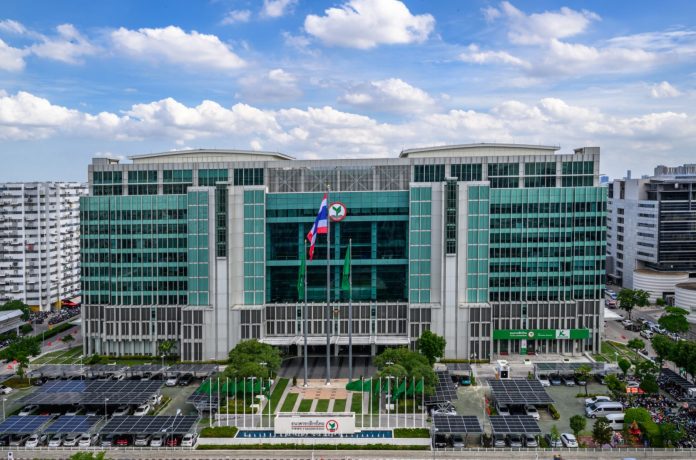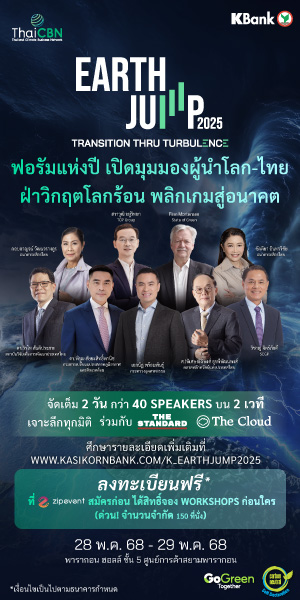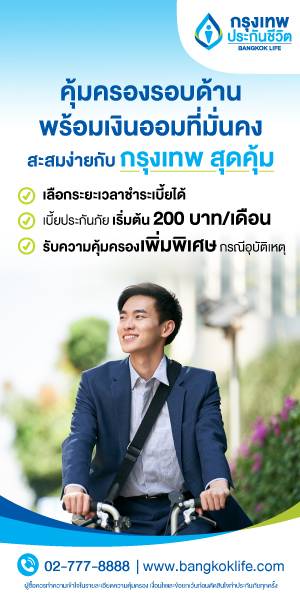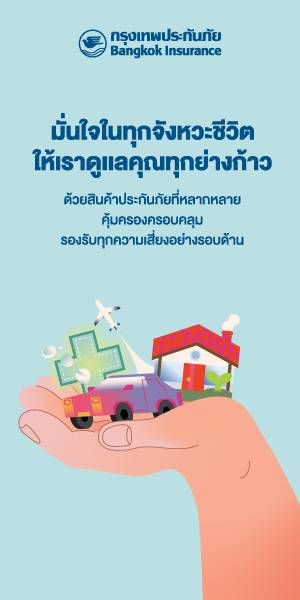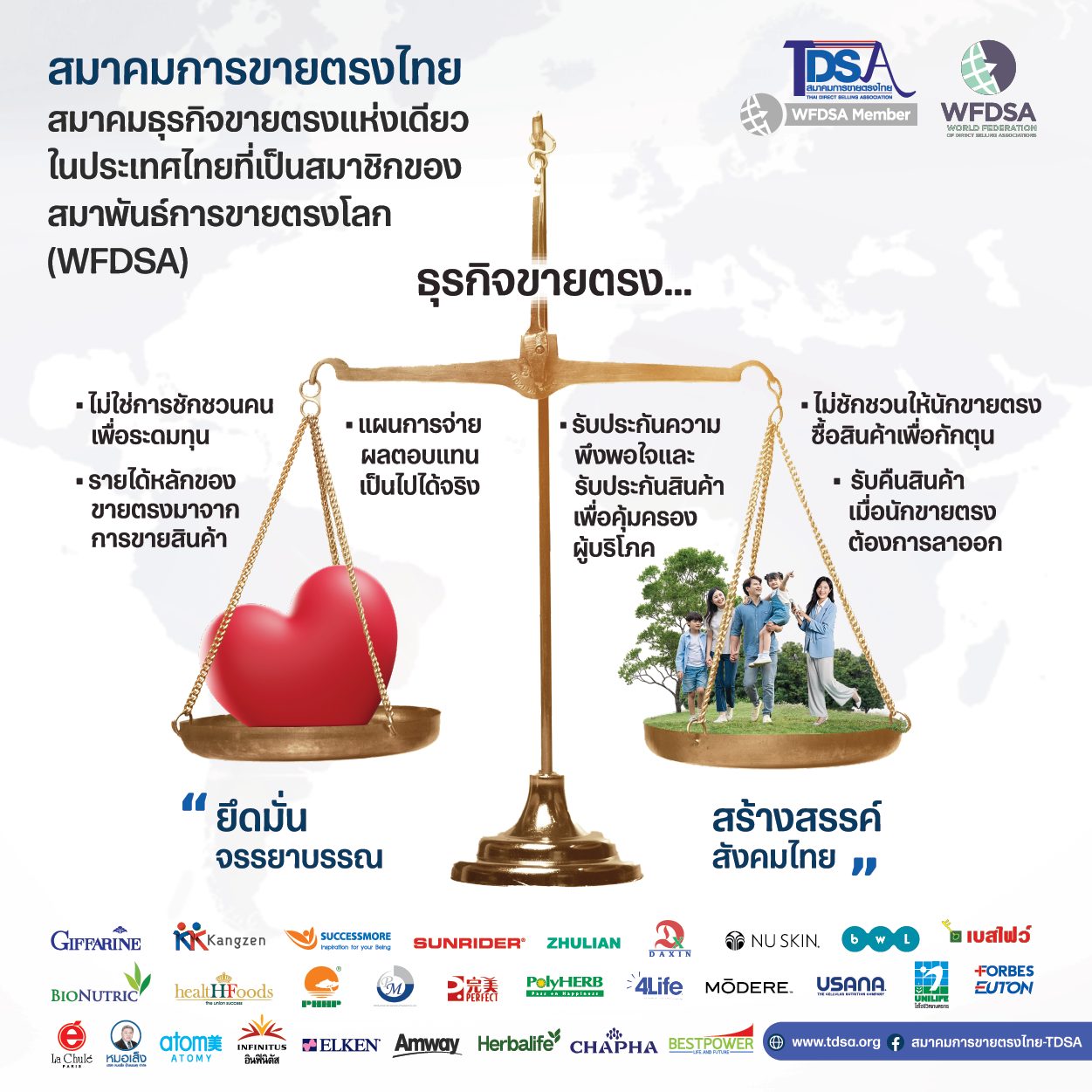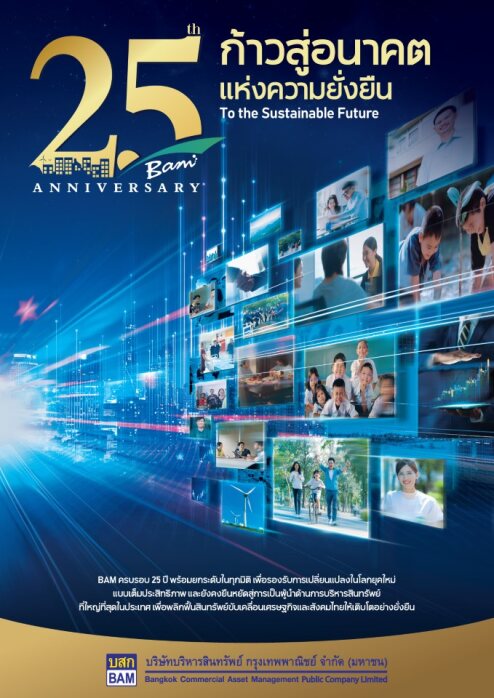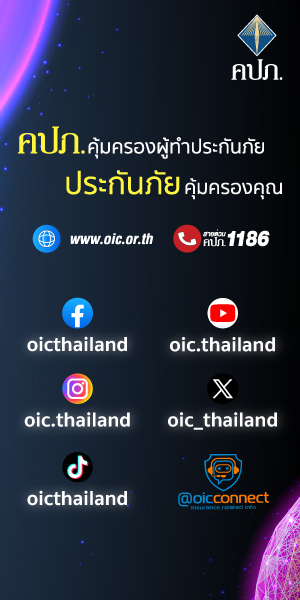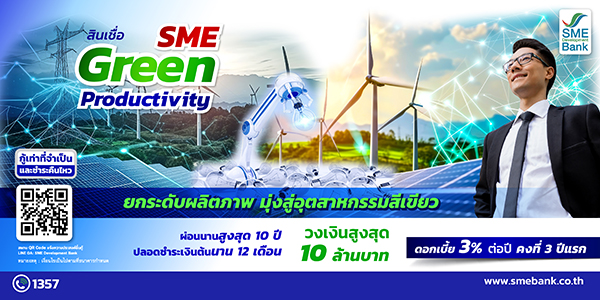ธนาคารกสิกรไทยเผยผลการดำเนินงานด้านสิ่งแวดล้อม ลดการปล่อยก๊าซเรือนกระจก (GHG Emissions) จากการดำเนินงานของธนาคาร (Own Operations) ได้อย่างต่อเนื่อง งานจัดทำแผนกลยุทธ์การลดก๊าซเรือนกระจกรายอุตสาหกรรมคืบหน้ารวมเป็น 4 กลุ่มอุตสาหกรรม พร้อมเตรียมขยายผลไปสู่การร่วมทำงานกับภาคธุรกิจในอุตสาหกรรมสำคัญอย่างใกล้ชิด เพื่อช่วยวางแผนการเปลี่ยนผ่าน ด้วยเครื่องมือและโซลูชันหลากหลายตอบโจทย์แบบเจาะลึกรายธุรกิจ เดินหน้าผนึกพันธมิตรส่งมอบโซลูชันที่มากกว่าการเงิน ครึ่งแรกปี 2566 ดันยอดสินเชื่อสีเขียวและเงินลงทุนด้านความยั่งยืนไปแล้วกว่า 19,400 ล้านบาท
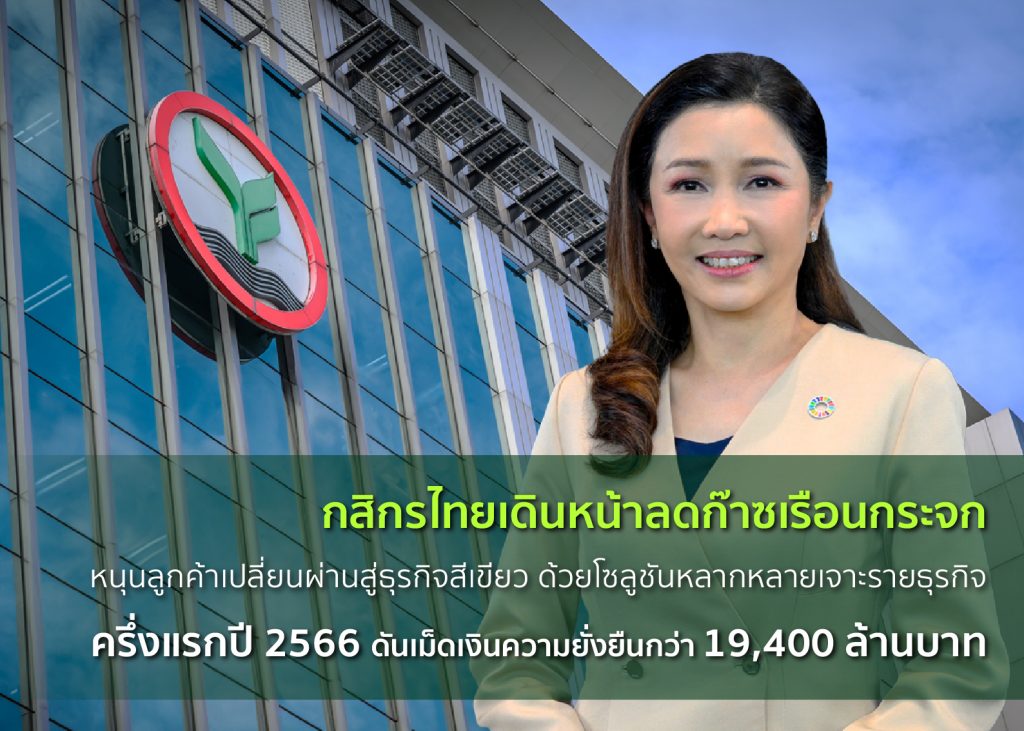
นางสาวขัตติยา อินทรวิชัย ประธานเจ้าหน้าที่บริหาร ธนาคารกสิกรไทย เปิดเผยว่า จากปรากฏการณ์เอลนีโญในปี 2566 ที่คาดว่าจะสร้างความเสียหายต่อเกษตรกรไทยกว่า 48,000 ล้านบาท สะท้อนถึงวิกฤตการณ์ด้านสิ่งแวดล้อมที่ส่งผลกระทบต่อระบบเศรษฐกิจและวิถีชีวิตของผู้คนอย่างต่อเนื่อง ขณะที่ภาคธุรกิจไทยต้องปรับตัวเพื่อตอบรับมาตรการใหม่ ๆ ที่จะเกิดขึ้น อาทิ การประกาศ Thailand Taxonomy ของธนาคารแห่งประเทศไทย ซึ่งเป็นมาตรฐานการจัดกลุ่มกิจกรรมทางเศรษฐกิจที่คำนึงถึงสิ่งแวดล้อมของไทยที่จะเพิ่มโอกาสในการเข้าถึงแหล่งเงินทุนที่ง่ายขึ้นเพื่อการปรับตัวมุ่งลดปริมาณการปล่อยก๊าซเรือนกระจก รวมทั้งมาตรการ CBAM (Carbon Border Adjustment Mechanism) ของสหภาพยุโรป ที่กำหนดให้ผู้ประกอบการต้องรายงานปริมาณการปล่อยก๊าซเรือนกระจกของสินค้าที่จะนำเข้าไปในอียู เริ่มเดือนตุลาคม 2566 เป็นต้นไป นอกจากนี้ ก็มีโอกาสทางธุรกิจใหม่ ๆ จากการเปลี่ยนผ่านด้านสิ่งแวดล้อมด้วย ซึ่งสิ่งเหล่านี้ยังต้องการการสนับสนุนอีกมาก โดยเฉพาะเรื่องเงินลงทุนจำนวนมหาศาลทั้งจากนักลงทุนทั่วไป Venture Capital ธนาคาร และสถาบันการเงิน
ธนาคารกสิกรไทยจึงเดินหน้าการทำงานด้านสิ่งแวดล้อมอย่างต่อเนื่อง ทั้งปรับการทำงานของธนาคารเอง และการสนับสนุนภาคธุรกิจ โดยอาศัยความสามารถหลัก (Key Capabilities) ในการขับเคลื่อนเรื่องนี้ คือ การสร้างระบบพื้นฐานข้อมูลที่มีประสิทธิภาพ การเพิ่มขีดความสามารถของบุคลากรและลูกค้าในการลดการปล่อยก๊าซเรือนกระจก และการสื่อสารอย่างต่อเนื่อง ตลอดจนส่งเสริมพฤติกรรมอันดีทั้งภายในและภายนอกองค์กร เพื่อไปสู่เป้าหมาย Net Zero ที่ได้ประกาศไว้ ซึ่งมีความคืบหน้า ดังนี้
• เป้าหมายเรื่องการเป็นธนาคารที่ปล่อยก๊าซเรือนกระจกสุทธิจากการดำเนินงานของธนาคาร (Scope 1 และ 2) เป็นศูนย์ภายในปี 2573 (ค.ศ. 2030) ธนาคารสามารถลดการปล่อยก๊าซเรือนกระจกได้อย่างต่อเนื่อง ซึ่งเป็นผลจากการดำเนินงานด้านการปรับเปลี่ยนโครงสร้างพื้นฐาน กระบวนการทำงาน และการส่งเสริมพฤติกรรมที่เป็นมิตรต่อสิ่งแวดล้อม เช่น
- การทยอยเปลี่ยนรถยนต์ของธนาคารจากรถยนต์สันดาปเป็นรถยนต์ไฟฟ้า จำนวน 175 คัน ในปี 2566 และจะทำการเปลี่ยนรถยนต์จนครบทั้งหมดก่อนปี 2573 การใช้น้ำมันที่มีส่วนผสมของน้ำมันเชื้อเพลิงชีวภาพ และปัจจุบัน ธนาคารได้ติดตั้งแผงโซลาร์เซลล์ที่อาคารสำนักงานหลักของธนาคารครบทั้ง 7 แห่ง และพื้นที่สาขา 7 สาขา โดยตั้งเป้าไว้จะทยอยติดตั้งโซลาร์เซลล์ได้ครบทุกสาขาที่เป็นพื้นที่ของธนาคารรวม 278 แห่ง ภายใน 2 ปีข้างหน้า
- การปรับเปลี่ยนไปใช้วัสดุที่เป็นมิตรต่อสิ่งแวดล้อมในทุกมิติ ปรับกระบวนการทำงานและการให้บริการของธนาคารไปสู่ดิจิทัลเพิ่มมากขึ้น รวมทั้งกำหนดมาตรฐานการจัดกิจกรรมขนาดใหญ่ของธนาคารให้เป็นงานปลอดคาร์บอน (Carbon Neutral Event)
- การจัดการขยะในอาคารสำนักงานหลักไปสู่หลุมฝังกลบเป็นศูนย์ สำหรับ 4 อาคาร ภายในปี 2566 นี้ โดยธนาคารติดตั้งถังขยะคัดแยกขยะ 6 ชนิดหลัก พร้อมกำหนดระบบการจัดการขยะของแต่ละถังอย่างมีประสิทธิภาพและเหมาะสมตามหลัก Zero Waste ตั้งแต่ต้นทางจนถึงปลายทางสุดท้าย ควบคู่กับการส่งเสริมบุคลากรและทุกภาคส่วนให้มีความรู้และเกิดพฤติกรรมที่ใส่ใจต่อสิ่งแวดล้อม โดยเฉพาะเรื่องการแยกขยะอย่างเป็นระบบ เพื่อทำให้วัสดุถูกนำไปรีไซเคิลได้มากที่สุด ลดการผลิตใหม่ซึ่งเป็นต้นทางของการปล่อยก๊าซเรือนกระจก
• เป้าหมายเรื่องปล่อยก๊าซเรือนกระจกสุทธิเป็นศูนย์ในพอร์ตโฟลิโอ (Scope 3) สอดคล้องตามเป้าหมายของประเทศไทย ผลการทำงานครึ่งแรกของปี 2566 ธนาคารทำแผนกลยุทธ์การลดก๊าซเรือนกระจกรายอุตสาหกรรม (Sector Decarbonization Strategy) รวมเป็น 4 กลุ่มอุตสาหกรรม ได้แก่ กลุ่มโรงไฟฟ้า กลุ่มน้ำมันและก๊าซธรรมชาติ กลุ่มถ่านหิน และกลุ่มซีเมนต์ นอกจากนี้ ธนาคารจะเข้าไปทำงานอย่างใกล้ชิดกับธุรกิจในอุตสาหกรรมหลักเหล่านี้เพิ่มขึ้น เพื่อช่วยธุรกิจวางแผนงาน ซึ่งจะเพิ่มโอกาสแก่ธุรกิจด้วยเครื่องมือและโซลูชันหลากหลายตอบโจทย์แบบเจาะลึกรายธุรกิจ ควบคู่กับการจัดสัมมนาให้ความรู้แก่ผู้ประกอบการและสตาร์ทอัพอย่างต่อเนื่อง เพื่อกระตุ้นภาคธุรกิจให้ปรับตัวสอดรับกับมาตรการด้านสิ่งแวดล้อมและความยั่งยืน (ESG) รวมทั้งคว้าโอกาสที่เกิดขึ้นในการเปลี่ยนผ่านในครั้งนี้
• เป้าหมายสนับสนุนสินเชื่อและการลงทุนเพื่อความยั่งยืน (Sustainable Financing (Loan) and Investment) ผลการทำงานครึ่งแรกของปี 2566 ธนาคารส่งมอบเม็ดเงินส่วนนี้ไปแล้วรวมกว่า 19,400 ล้านบาท ประกอบด้วย สินเชื่อสีเขียวสำหรับลูกค้าในไทยและภูมิภาค AEC+3 สินเชื่อเพื่อการประหยัดพลังงาน และเงินลงทุนเพื่อความยั่งยืน รวมทั้งการลงทุนโดยบีคอน วีซี ผ่าน Beacon Impact Fund ที่มุ่งเน้นการลงทุนโดยตรงในบริษัทสตาร์ทอัพหรือผ่านกองทุนเงินร่วมลงทุนทั่วโลก เพื่อสนับสนุนการพัฒนาโซลูชั่นสร้างผลกระทบเชิงบวก พร้อมศักยภาพที่จะขยายผลไปในวงกว้าง ทั้งนี้ ธนาคารกำหนดเป้าหมายสินเชื่อและการลงทุนเพื่อความยั่งยืนทั้งปี 2566 ที่ 25,000 ล้านบาท และวางเป้าหมายระยะยาว เป็นยอดรวมที่ 1-2 แสนล้านบาท ภายในปี 2573
• การพัฒนาบริการ Beyond Financial Solutions ที่เป็นมากกว่าบริการทางการเงินเพื่อช่วยให้ลูกค้าเข้าถึงไลฟ์สไตล์กรีนได้ง่ายยิ่งขึ้น ผลการทำงานในครึ่งแรกปี 2566 ธนาคารมีการขับเคลื่อนอย่างต่อเนื่อง ทั้งโซลูชันเพื่อส่งเสริมเรื่องการใช้ไฟฟ้าพลังงานแสงอาทิตย์ในภาคที่อยู่อาศัย โดยธนาคารได้ร่วมกับการไฟฟ้าฝ่ายผลิตแห่งประเทศไทย (EGAT) พัฒนาแอปพลิเคชัน “ปันไฟ” ผู้ช่วยจัดสรรไฟอัจฉริยะที่ช่วยให้การติดตั้งโซลาร์เซลล์บนหลังคาคืนทุนได้เร็วขึ้น รวมทั้งการส่งเสริม EV Bike Ecosystem โดยธนาคารอำนวยความสะดวกให้แก่ผู้เช่าจักรยานยนต์ไฟฟ้าในการเช่าใช้งานผ่าน K PLUS Market และให้บริการจุดเปลี่ยนแบตเตอรีที่สาขาของธนาคาร ส่งเสริมการใช้พลังงานสะอาด สร้าง Green Ecosystem ให้เกิดขึ้นจริง
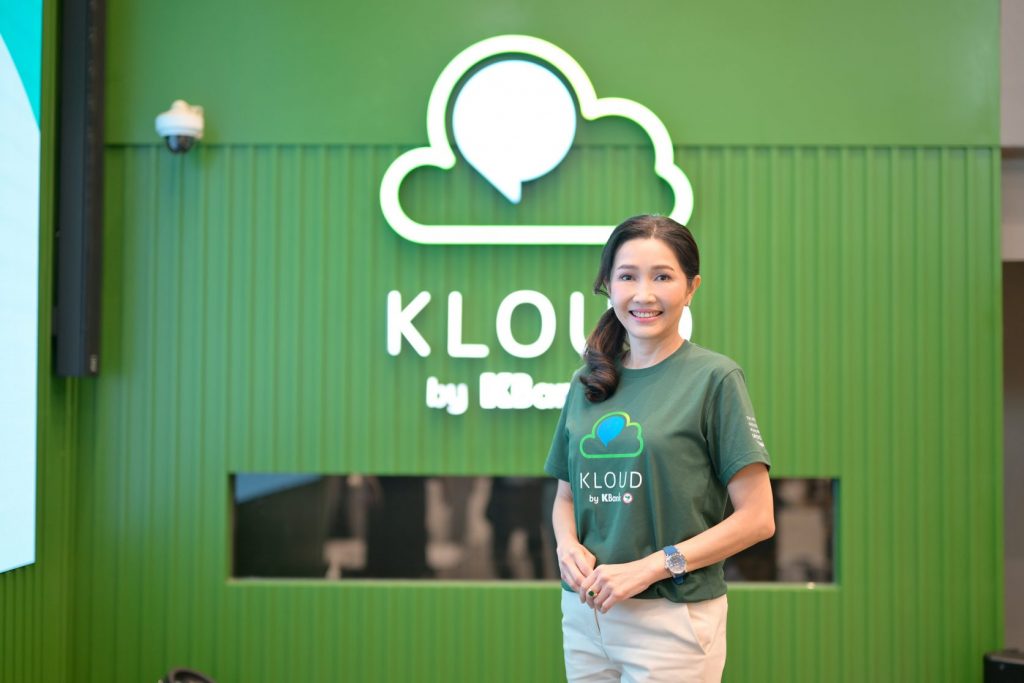
นางสาวขัตติยา กล่าวตอนท้ายว่า การขับเคลื่อนงานด้านสิ่งแวดล้อมของธนาคาร เป็น 1 ใน 3 มิติของการทำงานตามหลักการธนาคารแห่งความยั่งยืน (Bank of Sustainability) ที่ธนาคารกสิกรไทยดำเนินการครอบคลุมทั้งด้านสิ่งแวดล้อม สังคม และธรรมาภิบาล (ESG) และธนาคารมุ่งส่งเสริมการมีส่วนร่วมจากทุกภาคส่วนในการขับเคลื่อนเรื่องนี้ เพราะเป็นงานที่ต้องอาศัยความร่วมมือกันทั้งภาครัฐ หน่วยงานกำกับดูแล นักลงทุน ภาคธุรกิจ ผู้บริโภค และสถาบันการเงิน ทุกฝ่ายล้วนมีส่วนสำคัญในการช่วยให้โลกใบนี้เปลี่ยนผ่านไปได้ จึงขอให้ทุกคนร่วมกันลงมือทำอย่างจริงจัง เพื่อไปสู่เป้าหมายเดียวกัน ที่ความสำเร็จไม่ใช่เพียงตอบโจทย์ความอยู่รอดในวันนี้ แต่หมายถึงการตอบรับโอกาสที่จะเติบโตในระยะยาว และสร้างโลกที่ยั่งยืนไปด้วยกัน

KBank advances on its decarbonization journey, supporting customers in ‘going green’ with numerous solutions tailored to specific industries; its sustainable financing and investment topped 19.4 billion Baht during 1H23
KASIKORNBANK (KBank) has announced its environmental performance, showing a steady reduction of GHG emissions from its own operations. Its sector decarbonization strategy encompassing four industries has seen considerable progress. In parallel, the Bank is gearing up to work closely with other businesses in major industries to ensure a seamless transition to a sustainable future. With a variety of tools and solutions tailored to the specific needs of each business, KBank is fostering partnerships with other organizations to deliver solutions that go beyond financial services. During 1H23, KBank issued more than 19.4 billion Baht in sustainable financing and investment.
Ms. Kattiya Indaravijaya, KBank Chief Executive Officer, said, “The El Nino phenomenon in 2023 is expected to cause over 48 billion baht in damage to Thai farmers. This is an echo of the ongoing environmental crisis that is impacting the economy and people’s lives. Meanwhile, the business sector must earnestly adapt to new measures, namely the Bank of Thailand’s Thailand Taxonomy which establishes a common framework for categorizing environmentally friendly economic activities that will make it easier for businesses to access funding sources in their decarbonization efforts. The European Union’s CBAM (Carbon Border Adjustment Mechanism) will also require businesses to report their greenhouse gas emissions for goods imported into the EU starting in October 2023. Meanwhile, the environmental transition presents new business opportunities. That said, these efforts require substantial support, especially in terms of large-scale investments from general investors, venture capital firms, banks and financial institutions.”
KBank has made continual progress in its environment-related mission, in terms of adapting its own operations and providing support to the business sector. Key capabilities driving this endeavor include the creation of an efficient database system, enhancement of the ability of its staff and customers in helping to curb greenhouse gas emissions, and engagement in ongoing communications, as well as promotion of effective behaviors, both within and outside the organization, in achieving the net zero goal. Notable progress includes the following:
• Target of achieving net zero in its own operations (Scope 1 and 2) by 2030: KBank has been able to steadily reduce greenhouse gas emissions, as a result of the modification of its infrastructure and work processes, and promotion of environmentally friendly behaviors, for example:
- In 2023, KBank’s fleet of internal combustion cars has been largely replaced with 175 electric vehicles, while the remainder of the fleet will be replaced before 2030, with any remaining fuel consumption being switched to biofuel. At present, solar panels have been installed at all seven main buildings and seven branch offices. All 278 branch offices located in the Bank’s property are planned to be equipped with solar rooftops within the next two years.
- Green materials have been used in every aspect, while work processes and service provision have been digitized to a greater extent. Standards have been adopted for large-scale activities of KBank to be organized as carbon-neutral events.
- KBank aims to reach the “Zero-Waste-to-Landfill” goal for its four main buildings within 2023. To this end, six types of waste bins have been installed for six different types of garbage, with a specific end-to-end waste management system for each of them. Concurrently, knowledge has been disseminated to KBank employees and other parties in order to change their behaviors regarding systematic separation of waste before disposal so that most materials will be recycled, thus alleviating the need to manufacture new products that are a source of greenhouse gas emissions.
• Regarding the net zero greenhouse gas emission target in the portfolio (Scope 3) in alignment with Thailand’s target, the Bank’s operating performance during the first half of 2023 included the implementation of a sector decarbonization strategy for four industries, including power plants, oil and natural gas, coal and cement. Additionally, the Bank will work closely with more businesses within these industries, aiming to help them devise business plans. This endeavor will give them more opportunities through a diverse range of tools and solutions that meet their specific needs. To promote the business sector in adjusting to ESG measures and seizing opportunities during the current transition, a series of seminars will be organized for related business operators and startups on a regular basis.
• As for the sustainable financing (loan) and investment target, the Bank’s operating performance during the first half of 2023 included the extension of more than 19.4 billion Baht in such funds, comprising green loans for customers at home and in the AEC+3, energy saving loans, and sustainable investment. Moreover, Beacon VC has invested via the Beacon Impact Fund, which focuses on direct investment in startups or through global venture capital funds, to support the development of solutions that can create positive impacts while also having the potential to expand the results in an extensive manner. The Bank aims to extend 25 billion Baht in sustainable financing (loan) and investment for 2023, and a long-term target has been set to extend a total of 100-200 billion Baht by 2030.
• Regarding development of Beyond Financial Solutions to support customers’ greater access to a green lifestyle, the Bank has continually driven this in the first half of 2023. One focus is on solutions to promote the use of solar power in the residential sector. The Bank has worked with the Electricity Generating Authority of Thailand (EGAT) in developing the “Punfai” application – a smart assistant to help manage surplus energy, allowing users to get a more rapid return on investment. Additionally, the Bank has supported the EV Bike Ecosystem, allowing riders to rent an EV bike via the K+ Market app, while also offering battery swapping stations at KBank branches. These efforts promote the use of clean energy and create a comprehensive green ecosystem.
Ms. Kattiya noted in closing that KBank’s environmental stewardship is one of the three dimensions of its business operations in accordance with the principles of a Bank of Sustainability, covering environmental, social and governance (ESG) aspects. To advance this effort, the Bank also aims to promote active participation and collaboration of all sectors, including the government, regulatory agencies, investors, businesses, consumers, and financial institutions. All the parties play a crucial role in this transition journey, and are thus urged to work together earnestly to achieve their shared goal. Success is not merely about addressing today’s challenges, but also means embracing the opportunity for long-term growth and collectively creating a sustainable future.



